Jan 4, 2024
This gel stops brain tumors in mice. Could it offer hope for humans?
Posted by Omuterema Akhahenda in categories: biotech/medical, neuroscience
Medication delivered by a novel gel cured 100% of mice with an aggressive brain cancer, a striking result that offers new hope for patients diagnosed with glioblastoma, one of the deadliest and most common brain tumors in humans.
Cui’s team combined an anticancer drug and an antibody in a solution that self-assembles into a gel to fill the tiny grooves left after a brain tumor is surgically removed. The gel can reach areas that surgery might miss and current drugs struggle to reach to kill lingering cancer cells and suppress tumor growth. The results are published in Proceedings of the National Academy of Sciences.
Continue reading “This gel stops brain tumors in mice. Could it offer hope for humans?” »
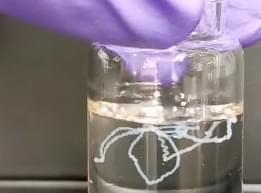

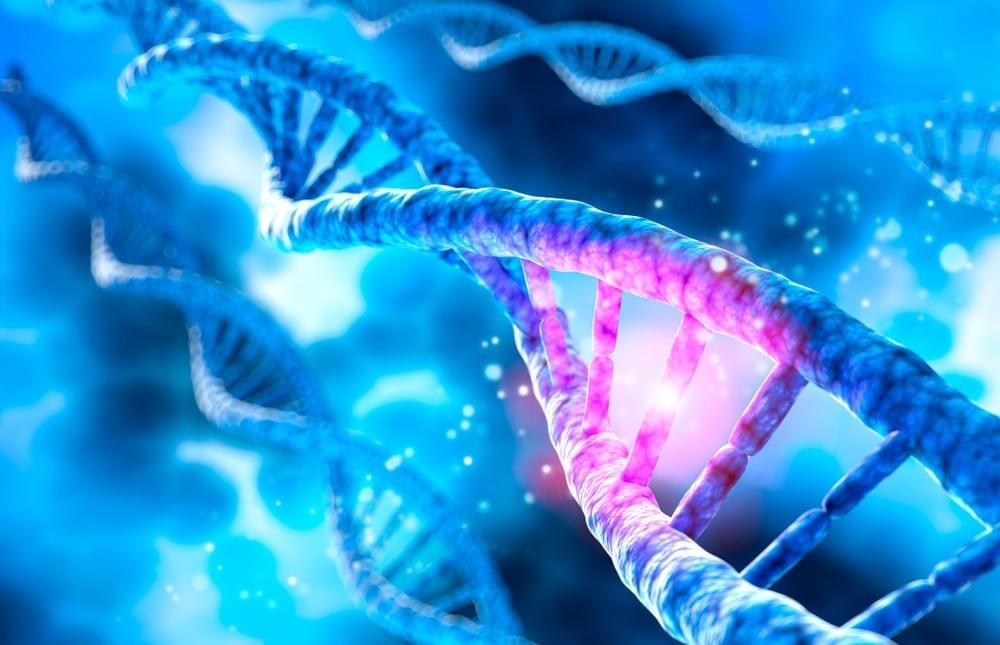
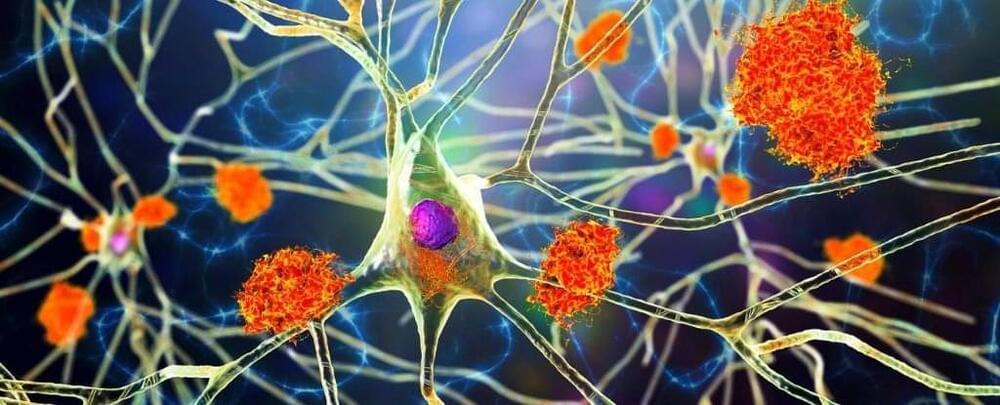


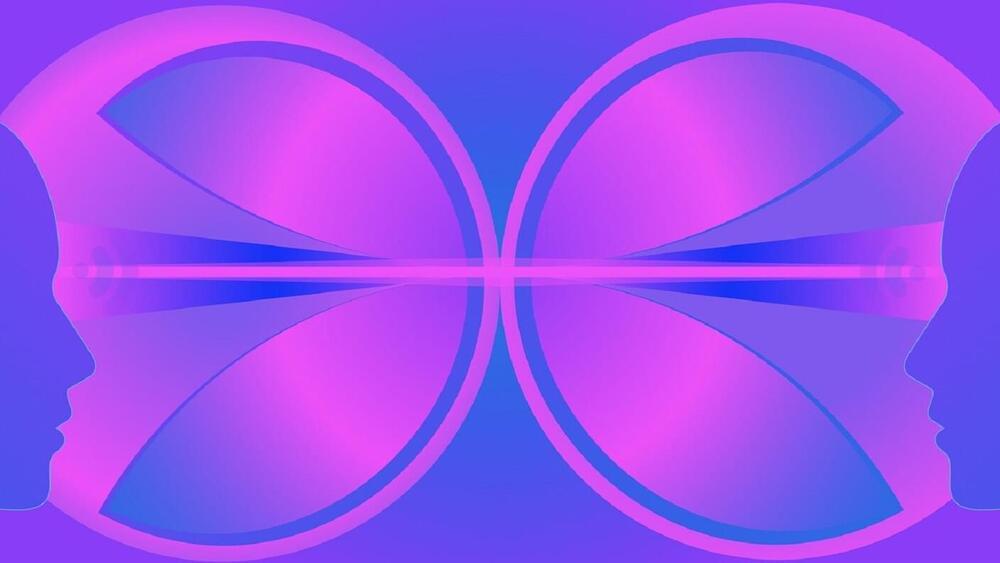
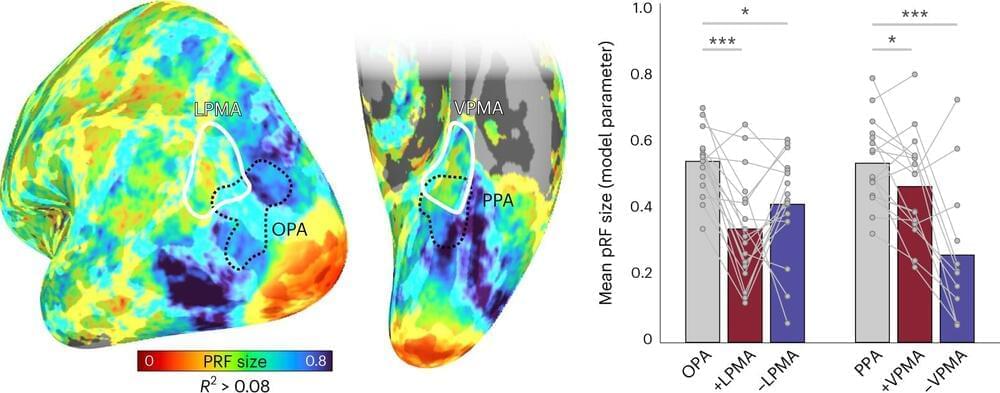
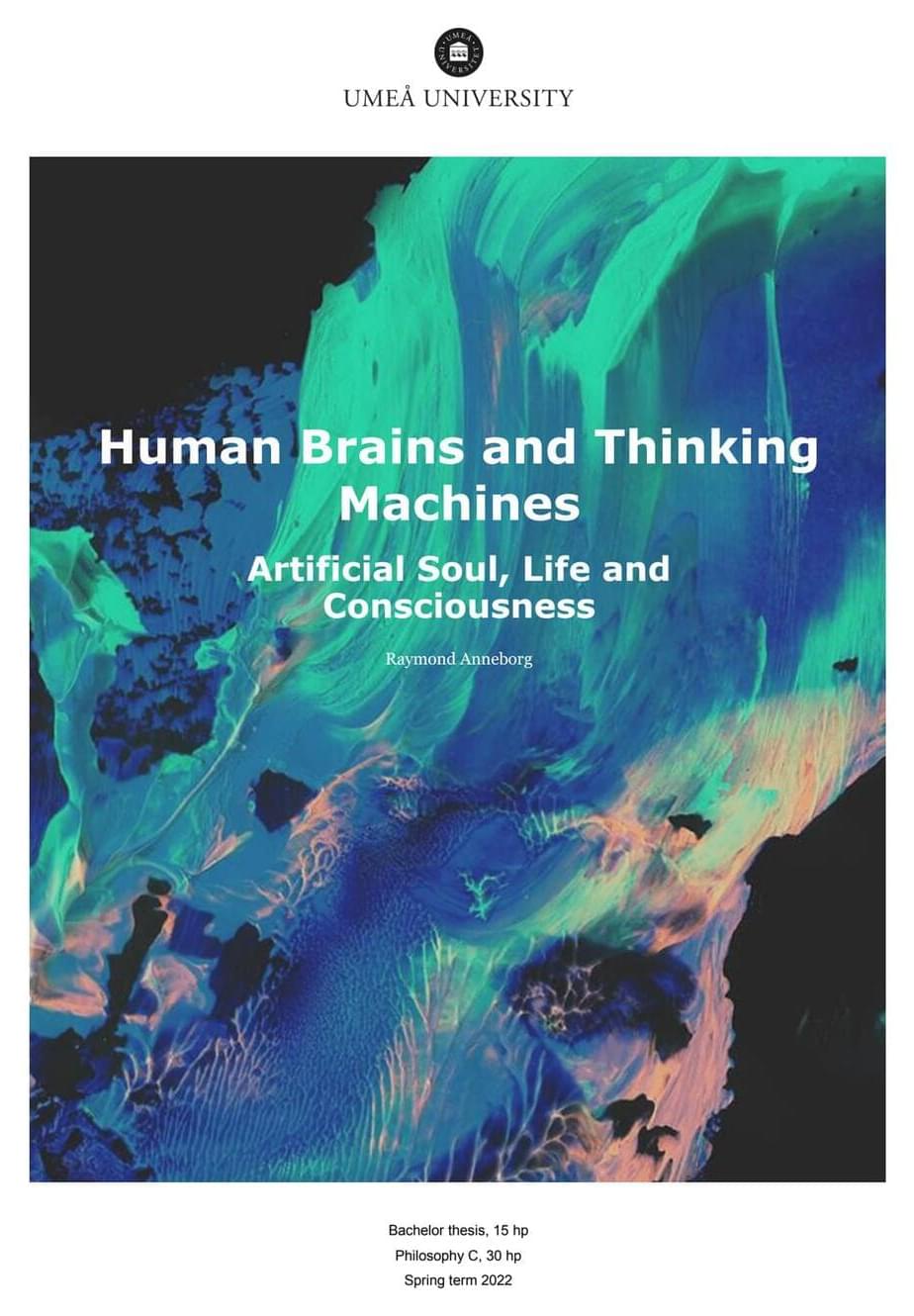
 Animals exhibit a diverse behavioral repertoire when exploring new environments and can learn which actions or action sequences produce positive outcomes. Dopamine release upon encountering reward is critical for reinforcing reward-producing actions
Animals exhibit a diverse behavioral repertoire when exploring new environments and can learn which actions or action sequences produce positive outcomes. Dopamine release upon encountering reward is critical for reinforcing reward-producing actions






